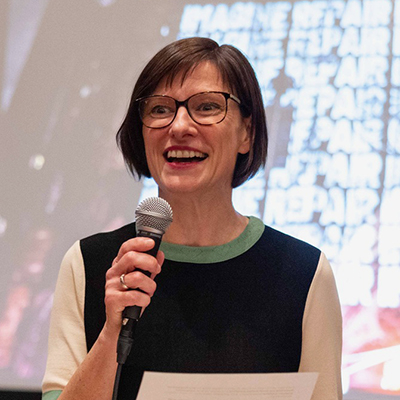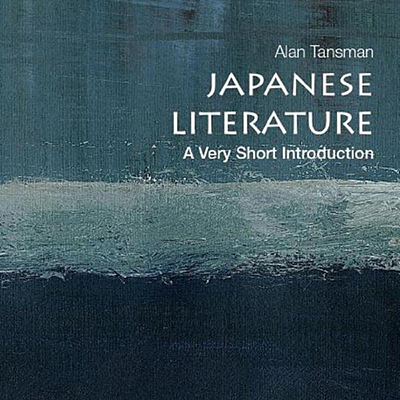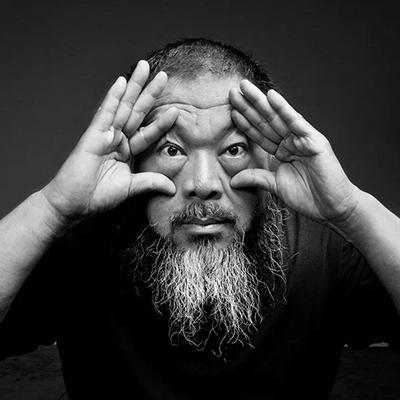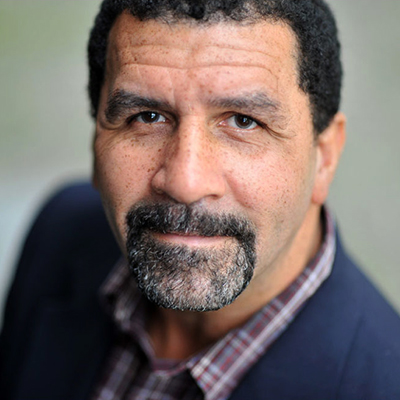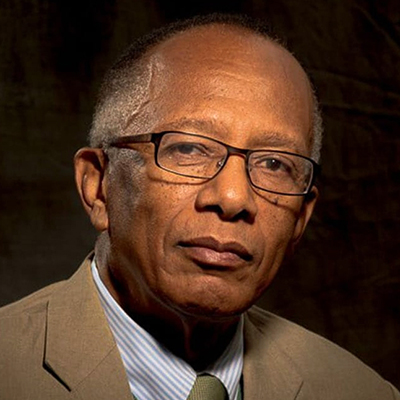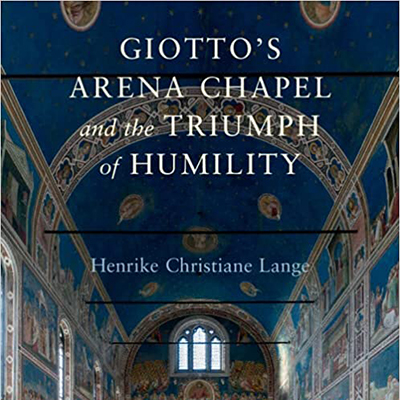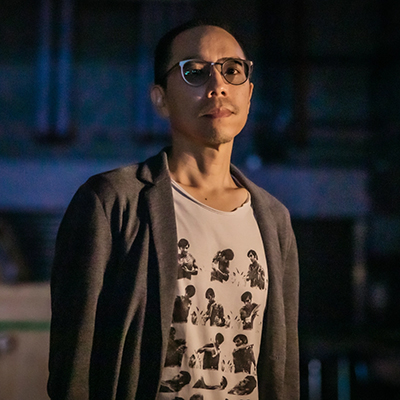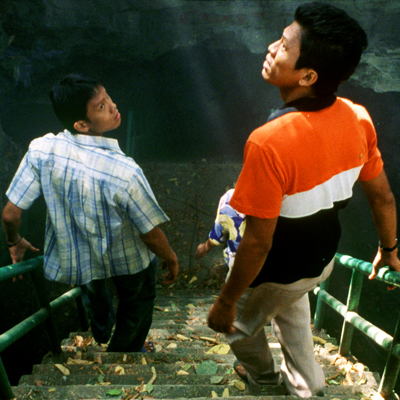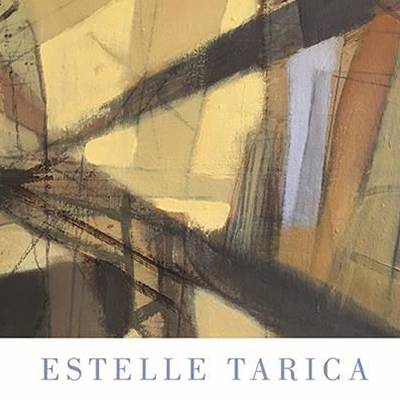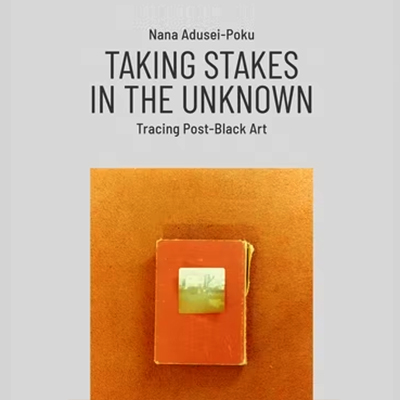Academic Publishing in the Digital Era
The advent of digital media has fundamentally transformed academic publishing. Manuela Gerlof, vice president at De Gruyter, outlines major current trends and provides authors with guidance for making the most of digital publishing.
Alan Tansman traces the rich history of Japanese literature, which encompasses a vast range of forms and genres stretching back nearly 1500 years.
Ai Weiwei with Peter Sellars and Orville Schell
Chinese artist and human rights activist Ai Weiwei discusses art, politics, and modern life with theater director Peter Sellars and Orville Schell, director of the Center on US-China Relations at the Asia Society.
Black Voices in the Shadows of the Big House
Stephen Small and Ula Y. Taylor engage in conversation based on Small's study of the southern heritage tourist industry in Louisiana, which encompasses more than 60 heritage sites housed in former slave plantations.
Orlando Patterson
Sociologist Orlando Patterson delivers the Matrix Distinguished Lecture, followed by discussion with Townsend Center director Stephen Best.
Henrike Lange examines one of the most celebrated monuments in the world, offering new readings of the work and asking fundamental questions about its place in Western art history.
Filmmaker Apichatpong Weerasethakul, the 2022-23 Una’s Lecturer, is joined in conversation by writer and UC Berkeley teaching professor Hilton Als.
Two prominent scholars of Thai filmmaker Apichatpong Weerasethakul, the 2022-23 Una’s Lecturer, explore compelling interpersonal themes in the artist's cinematic work.
Estelle Tarica examines how community leaders, writers, and political activists facing state repression in Latin America have used Holocaust terms to describe human rights atrocities in their own countries.
Nana Adusei-Poku examines the socio-historical and cultural context of the term “post-black” and its use in defining the work of artists who resisted being labeled as “black artists.”
